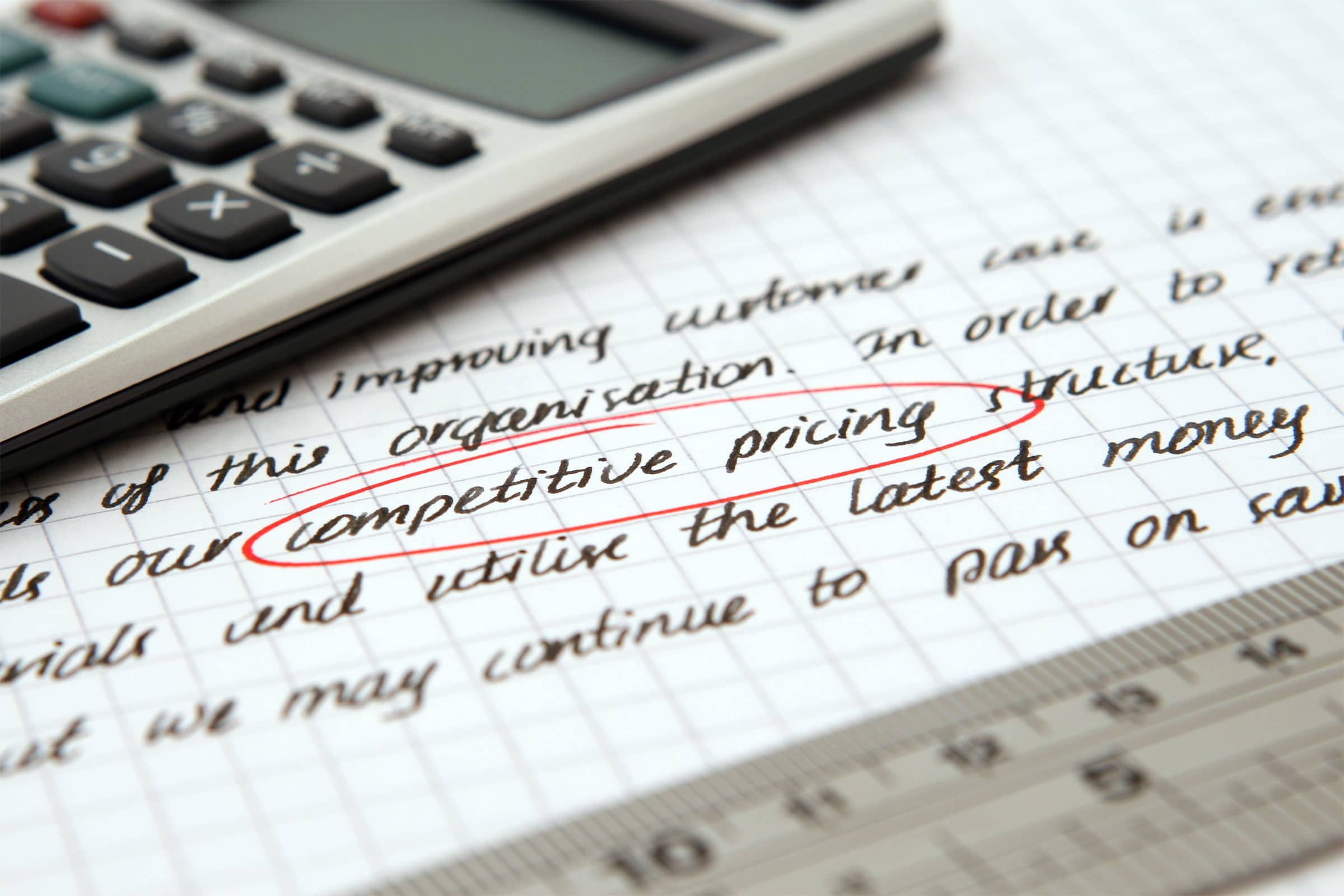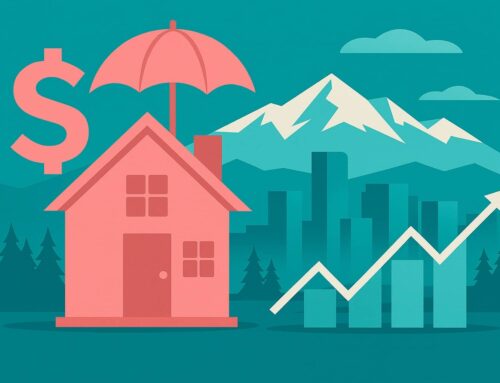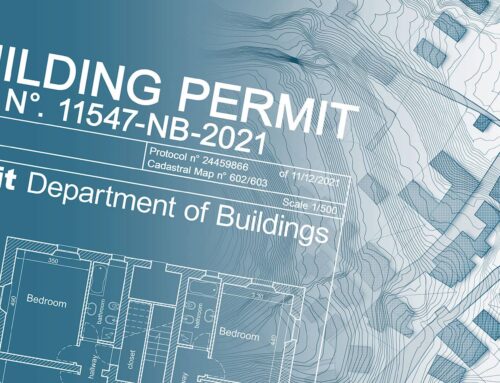
Understanding Purchase Price in Real Estate Transactions
Buying a home can be an exciting and daunting experience. Potential homeowners need to understand the key terms of real estate, such as ‘purchase price.’ But what does purchase price mean when buying or selling a property? In this article, we’ll explore the basics of purchase prices when it comes to real estate transactions.
The term purchase price refers to the total amount a buyer pays for a property. This figure is generally determined after negotiations between both parties involved – usually a seller and buyer – during which they agree on an agreed-upon sum. The final sale price will include fees like closing costs, taxes, and other expenses that must be accounted for before signing any contracts.
Buyers must understand exactly how much money they are expected to pay at the time of purchase so they can prepare accordingly financially. In addition, knowing exactly what goes into determining your purchase price can help you make informed decisions about purchasing property, whether it’s your first or fifth time doing so.
What Does Purchase Price Mean In Real Estate?
The purchase price is a term used frequently in real estate. Understanding what it means is essential for anyone buying or selling property. Purchase price definition refers to the amount of money agreed upon by both parties during a real estate transaction. It’s important to note that the purchase price does not necessarily reflect market value – which can be higher or lower than the negotiated purchase cost. Both buyers and sellers should consider all applicable costs associated with the sale when calculating the total purchase price.
The relationship between the purchase price and market value will vary depending on several factors, such as location, condition of the home, recent comparable sales data, and any special considerations included in the agreement. Understanding these differences is vital in making informed decisions when buying or selling property.
Why is the loan amount and purchase price different?
The loan amount and purchase price may differ due to the financing cost or additional fees. For example, if a buyer is taking out a loan to purchase a house, the loan amount may be higher than the purchase price to cover the cost of interest, taxes, and other fees associated with the loan.
Purchase Price Relationship To Market Value
It’s interesting how we often think of the ‘purchase price’ as synonymous with a property’s market value. After all, it seems reasonable to assume that what one pays for real estate should reflect its actual worth. But, in reality, this is only sometimes the case! While there may be some overlap between the purchase price and market value, they are two separate concepts.
The market value of a piece of real estate is based on factors including location, amenities, and size, whereas the purchase price will depend upon negotiations between buyer and seller within an agreed-upon range or fair price. The degree to which these two figures differ can have significant implications for both parties involved in the transaction. For example, if the sale occurs at a lower rate than expected due to economic conditions or other influencing factors, this could benefit either party depending on their motivations. On the other hand, if the purchase price greatly exceeds fair market value, then this could lead to financial difficulty down the line for either side.
Factors Affecting Purchase Price in Real Estate
When purchasing a property, several factors can influence the purchase price. The most crucial factor is the current mortgage rate. Mortgage rates affect the total cost of financing and will directly impact how much you pay for the home in terms of interest payments. Additionally, closing costs should be considered when calculating your budget, as they can add up quickly.
The location also plays an integral role in determining a purchase price as it affects both supply and demand for certain areas or types of properties. Neighborhoods with desirable amenities, such as parks and schools tend to command higher prices than less desirable locations without those features. Furthermore, the type of property being purchased has an effect on its value; single-family homes typically cost more than condos or townhomes due to differences in size and available living space. Lastly, condition matters too – well-maintained homes often sell for a premium compared to fixer-upper properties that require renovations.
Negotiating The Purchase Price
When it comes to real estate, the purchase price is the amount of money that a buyer and seller agree on for a property. Negotiating this figure involves many factors, such as:
- The market value of the property
- The buyer’s financial ability to pay
- Any potential repairs needed for the home
- Other external factors like tax implications or specific terms of sale
It is important to remember that when negotiating a fair price both parties should be satisfied with the outcome in order for a successful transaction to take place. Buyers may need to get pre-approved for financing before making an offer so they know their exact budget constraints and what kind of down payment can be made on the property. Additionally, sellers must consider all offers presented and decide if there are any counteroffers that will still allow them to make a profit off their investment while meeting buyers’ expectations at the same time. Ultimately, through careful negotiations, both sides should come away feeling as though they got a good deal in the end.
Purchase Price In Real Estate
The purchase price of a real estate property is an important factor to consider when thinking about buying or selling. It’s the amount that both buyer and seller agree on, which is usually determined through negotiation. As buyers, you want to ensure that the purchase price reflects the market value for the home; as sellers, you don’t want to leave money on the table, either. Ultimately, it’s all about finding a fair balance between what works best for both parties involved.
As real estate professionals, we understand that arriving at this ‘fair’ purchase price can be tricky – many factors are in play, such as location, condition of the home, and timing of the sale, amongst others. However, with experience comes knowledge and wisdom – so if you’re ever unsure where to start when negotiating your purchase price, then it might be time to call in a professional! We’ll help ensure that everyone gets a good deal in the end.
In conclusion, understanding how much you should pay (or receive) for a piece of real estate involves more than just crunching numbers; it requires insight into local market conditions too. But rest assured that by taking some extra time to research and negotiate effectively, you’ll ultimately get yourself onto firm footing financially when making your next move in real estate.







